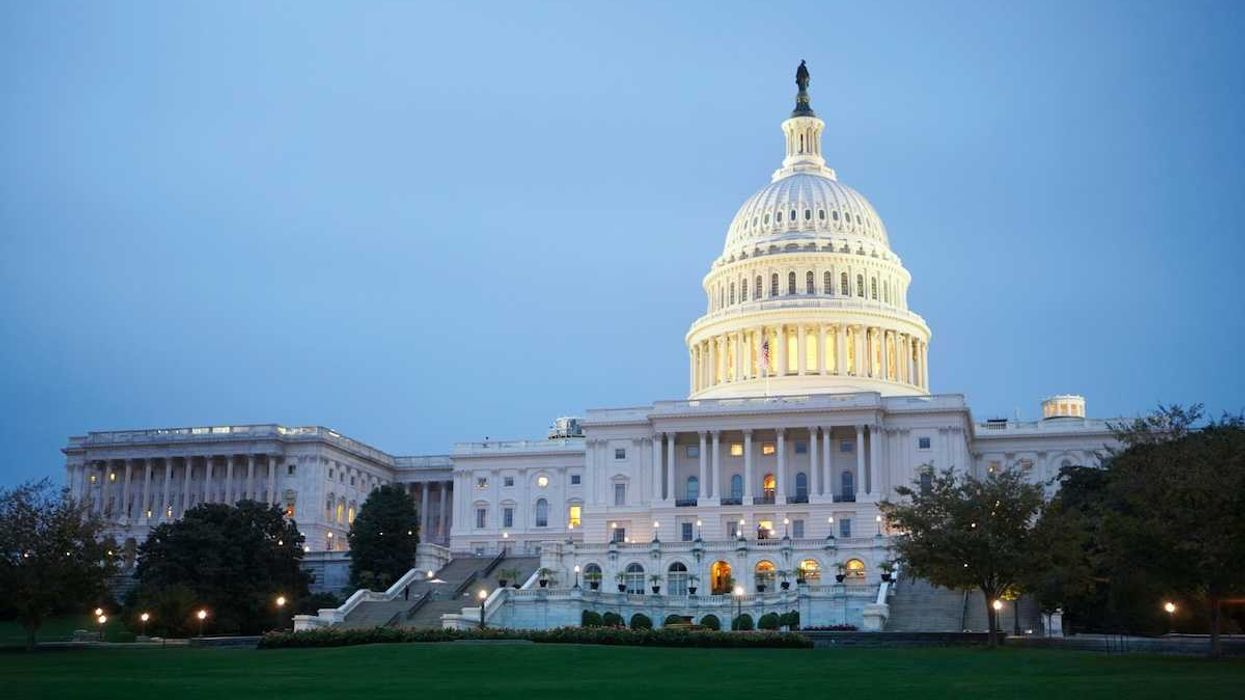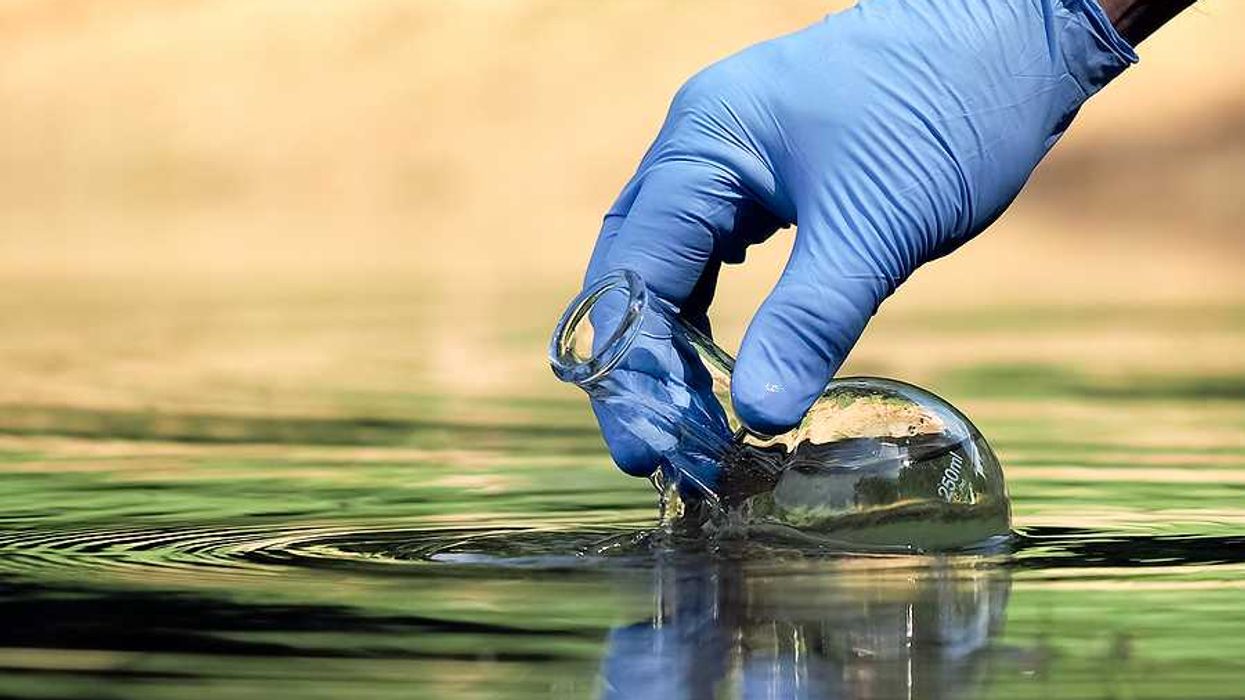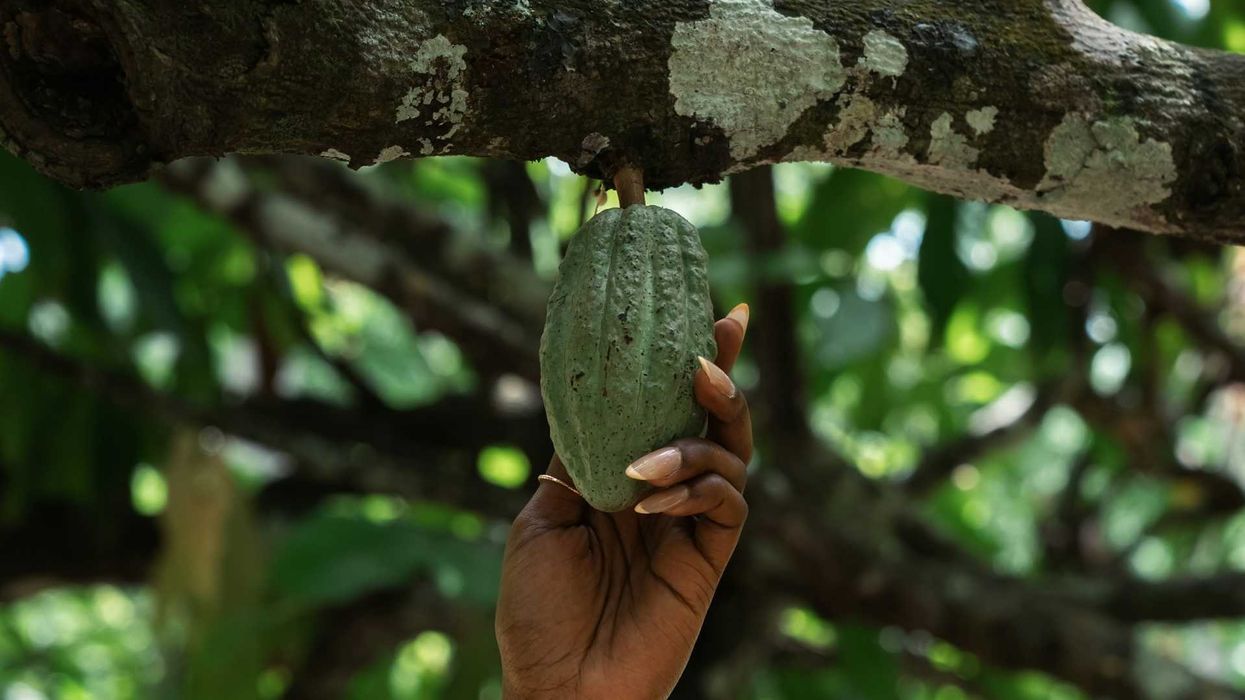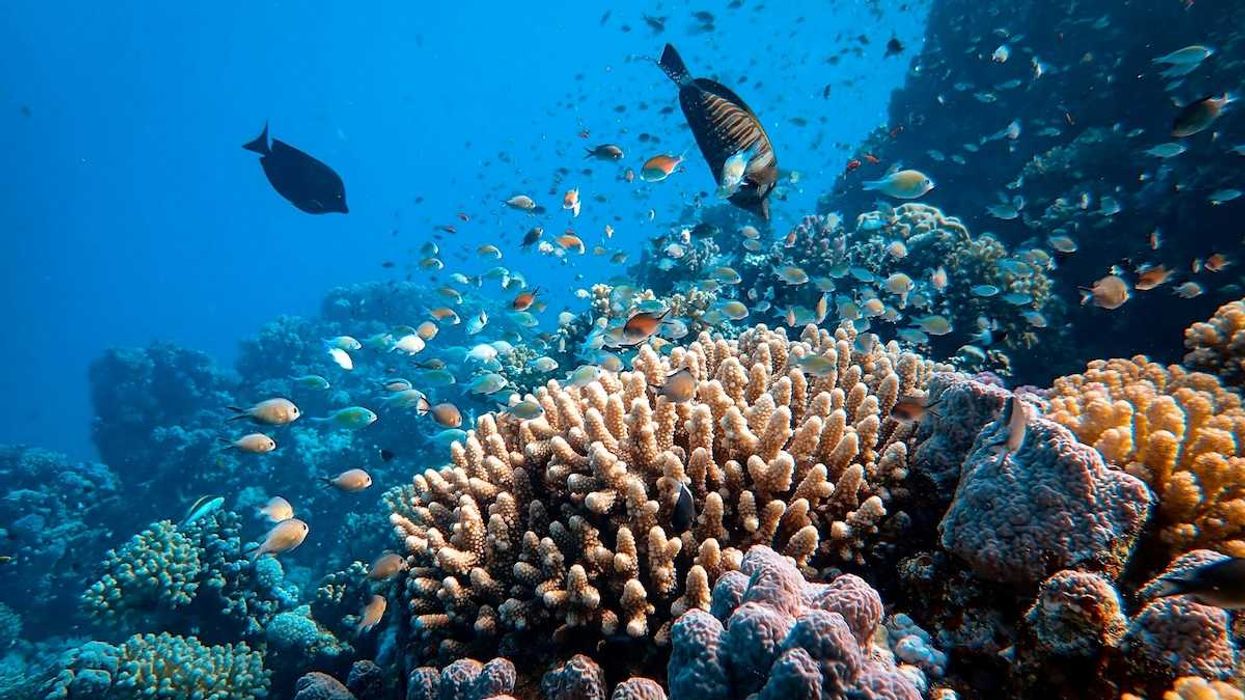The U.S. has reported its first severe human bird flu case in Louisiana, a development experts view as an inevitable result of the virus’s rapid spread among animals.
Yasmin Tayag reports for The Atlantic.
In short:
- The first severe human case of bird flu in the U.S. was reported in Louisiana; the patient is critically ill with a strain linked to Canadian outbreaks.
- Experts warn continued animal-to-human transmission increases the likelihood of dangerous mutations, though human-to-human spread remains unlikely.
- Preventative measures like vaccinations for farmworkers and stricter controls on livestock exposure are being urged, but federal action is limited.
Key quote:
“The longer the virus persists in the environment, the greater potential to mutate, resort, and become more infectious and virulent to humans.”
— Maurice Pitesky, UC Davis
Why this matters:
Avian influenza has the potential to evolve into a human pandemic. While current risks to the public are low, lack of sufficient containment efforts and mutations could escalate threats. Preparing now could mitigate future crises.
Related: Government response to bird flu resembles early Covid-19 missteps














